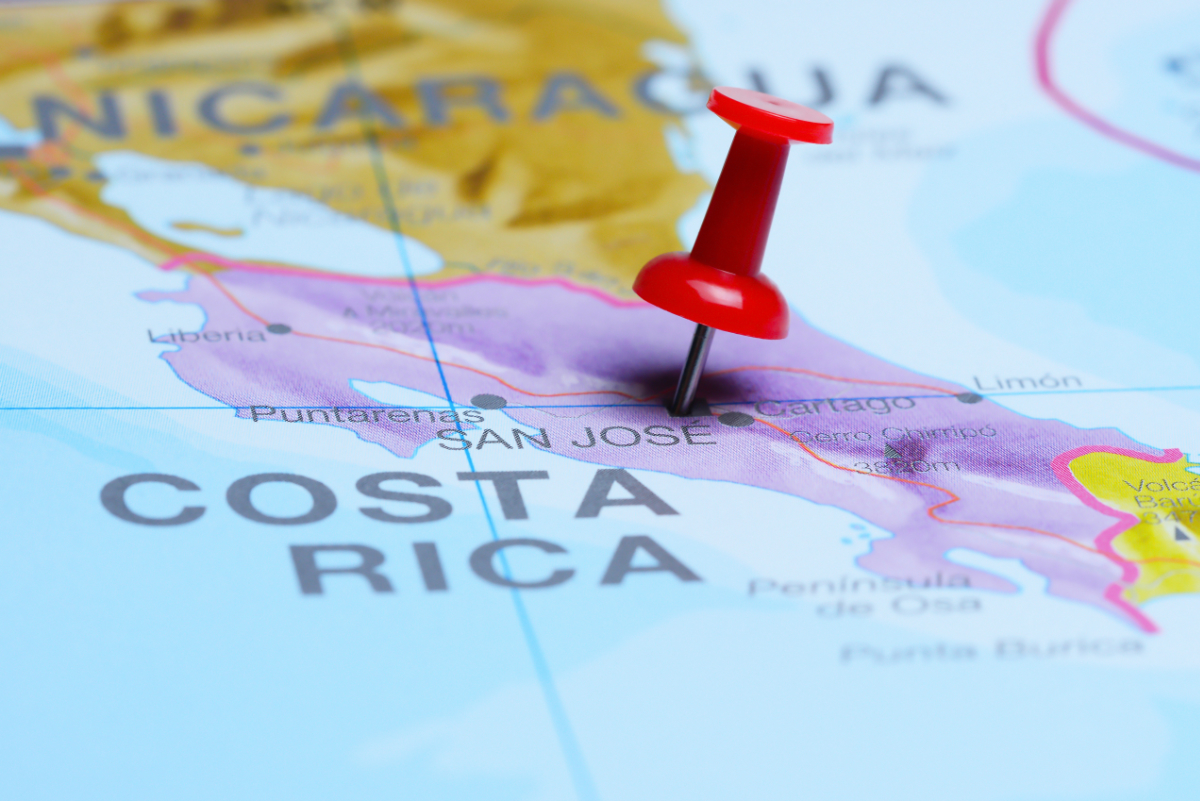Nearshoring is among us. The Covid-19 pandemic generated one of the most relevant disruptions in trade and transportation since World War II, thus accelerating the relocation of companies that started a few years ago.
The interruption in the logistics and production chains caused by Covid-19 lit the alarm light. While others are analyzing this new globalization model, we have adjusted our strategies to take advantage of these new commercial dynamics.
Nearshoring refers to bringing an operation closer to a nearby country, especially in preference to a more distant one.
“Nearshoring was born from the definition of ‘approach to markets’, a term that has gained special relevance in times of the pandemic, when transport logistics and customs facilitation have become complicated. Faced with this and to continue to supply markets, companies seek to bring their value chains closer together, and proximity and availability prevail over cost factors, strictly speaking,” said Carlos Wong, General Director of Coyol Free Zone.
Another factor influencing companies returning to the Americas is the commercial differences between the United States and China. A recent report by Bank of America Global Research indicates that more than 80% of U.S. companies based in Asia plan to do Nearshoring.
“Currently, there is a preference from North American companies in nearer value chains, causing a US$ 90 billion exodus in manufacturing operations from China. That investment needs relocation, and that is a great opportunity for Latin America,” explained Martín Gustavo Ibarra, Advisor to the Board of Directors of the World Free Zones Organization.
Consider Costa Rica for your Nearshoring Plans
The alliances in Costa Rica between the public and private sectors to reinforce and modernize the operation of the Free Trade Zones can be an advantage in this scenario.
“The country’s proximity to European and North American markets could be crucial in attracting companies interested in moving their operations closer to their headquarters,” Wong added.
Furthermore, Costa Rica’s favorable conditions for investment, historical political stability and particularly regarding highly skilled human talent, make it a great option near the United States.
In this process of chaining and transformation, distance is pivotal, in particular because of current complex phenomena, such as the shortage of containers. Today, transportation of the merchandise is three and four times what it used to cost. Therefore, reducing costs of the supply of raw materials and technology is fundamental for companies.
Coyol Free Zone represents an ideal opportunity for the Nearshoring plans of North American companies because of its wide offer of on-site suppliers and contractors, which allows the export of goods directly from Costa Rica to different destinations. Companies exporting from our Park can save money in production, time, transportation, and warehousing.
Source: Trade News

